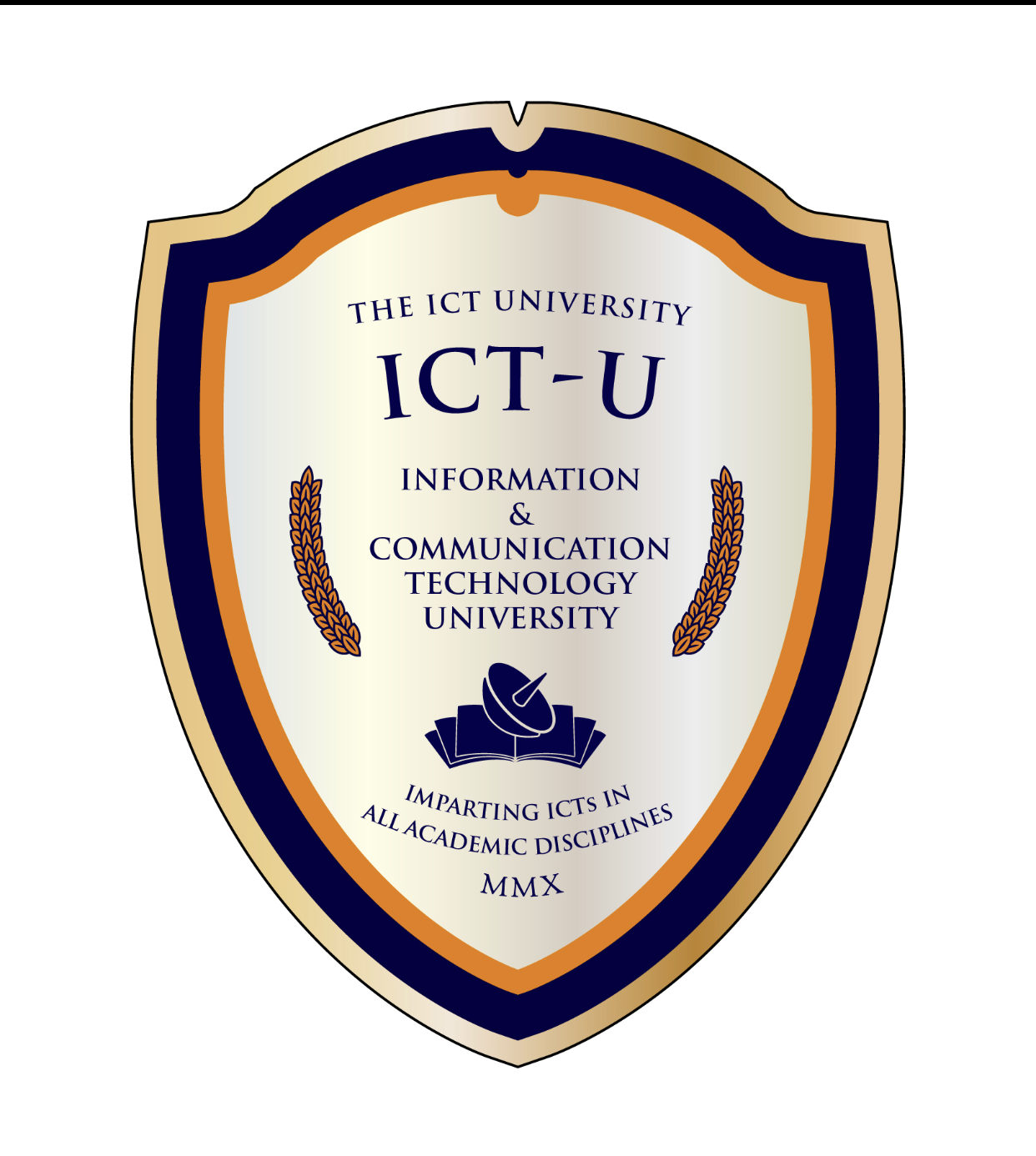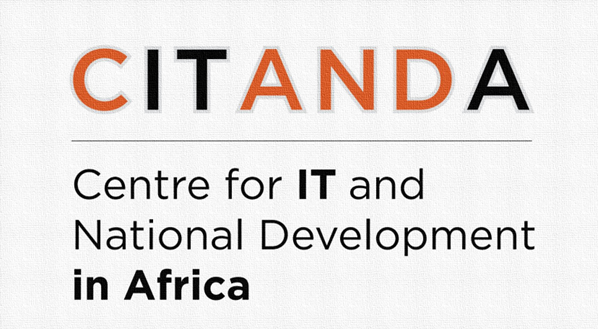Abstract
Mobile health (or mHealth) can be broadly defined as the use of mobile devices and technologies to provide healthcare services. The potential of mHealth interventions to address healthcare issues, particularly in developing countries, is widely recognised. Although mHealth has yielded positive outcomes in various contexts, there is a need for designing mHealth interventions that are specifically tailored to the context of individual countries in order to increase the prospects of adoption. It is in this context that, using the Diffusion of Innovation (DOI) theory, this paper investigates the determinants for the adoption of mobile health by healthcare professionals in Burundi. From a sample of 212 primary healthcare professionals, this paper analyses what can influence Burundi’s primary healthcare workers to adopt mobile health. The results indicate that the relative advantages associated with mHealth interventions are perceived as predictors of mHealth adoption in Burundi. Moreover, work-related factors coupled with one’s experience with mobile devices are the DOI compatibility factors that influence the adoption of mHealth by Burundi’s healthcare professionals. mHealth being a new concept with the Burundi’s healthcare system, trialability and observability were found to have a significant influence on its adoption. However, mHealth complexity was found to have no influence on mHealth adoption. This paper advocates for education and awareness programs tailored specifically towards mHealth adoption by primary healthcare workers. It further recommends that the country leverage its East African Community (EAC) membership by forging partnerships with other EAC members in order to be acquainted with and learn from evidence-based outcomes of successful mHealth interventions within the region.


